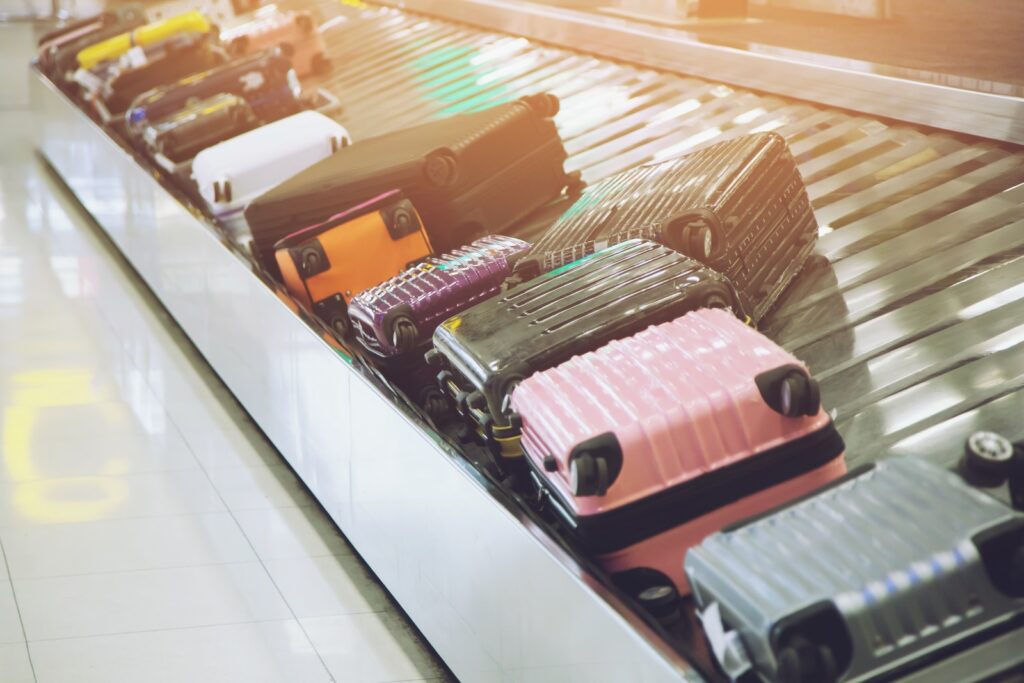Boeing, the company behind many of the planes you fly, is facing a potential strike that could throw a wrench in 2025 travel plans. The good news? A deal might be close, but it has not been finalized yet. With tensions still high, travelers should stay alert—if the deal falls through, the impact on airlines and your future flights could be significant. So, what’s going on, and why should you care?
Boeing Workers Ready to Strike—But a Deal Could Be on the Horizon
Boeing and its largest union, representing over 30,000 machinists, are in the middle of tense contract negotiations. These workers are responsible for building the planes that keep your flights running smoothly. With wages, job security, and benefits on the table, union leaders have hinted at the possibility of a strike. A tentative agreement was reached in September 2024, but it still needs to be ratified by union members. If the deal is rejected, a strike remains a strong possibility. If Boeing and the union come to terms through this vote, the threat of a strike will be averted—but if not, your 2025 travel plans could be affected.
What Happens If a Deal Isn’t Reached?
If the deal falls apart, the strike could lead to major delays in Boeing’s production. This means fewer new planes for airlines like American, Delta, and Southwest—which could directly impact travelers. The airlines rely on Boeing to deliver aircraft on schedule, and any delays could result in flight cancellations, longer wait times for newer planes, and even higher ticket prices.
Will This Affect My 2025 Flights?
It very well could. Boeing’s current backlog of orders is extensive, and if the strike happens, the delay in deliveries could extend well into 2025. For travelers, this means fewer planes in operation, potentially fewer available flights, and less flexibility when booking. Airlines that are counting on receiving new Boeing planes to expand their routes may have to scale back, and those route reductions could affect your travel plans—especially for popular summer vacations. However, if the union agrees to the deal, production is likely to continue as scheduled.
Fewer Planes, More Expensive Tickets
Here’s the part that could hit travelers hardest: fewer planes usually mean higher prices. If Boeing’s production lines slow down or stop altogether, airlines won’t have enough planes to meet demand. When supply drops, prices tend to climb. So, if you’re planning on traveling in 2025, be prepared for the possibility of higher ticket costs, especially on busy routes.
A Deal Could Save the Day
While the union is prepared to strike, both sides have been working hard to avoid that outcome. The tentative agreement reached in September 2024 is pending a union vote, and if it is approved, production will continue as planned. If Boeing and the union agree on wages, benefits, and job security, it could mean a sigh of relief for travelers, as the potential disruption to airline fleets would be averted.
Keep an Eye on Summer Travel Plans
If you’re planning a big trip for summer 2025, stay alert. The timing of this possible strike is key, and any delay in Boeing’s production could have a lasting effect on airlines’ ability to meet demand. Whether you’re booking flights for a family vacation or a business trip, be aware that things could shift depending on the outcome of these talks.
What Should Travelers Do?
If a Boeing strike is looming and you’re booking for 2025, here’s what you can do to protect your travel plans:
- Book Early: With fewer planes potentially available, booking your flights early can help lock in lower fares and guarantee your seat.
- Stay Flexible: Look for airlines offering flexible booking policies, allowing you to change or cancel your flights without penalty. Flexibility will be your best friend if routes change due to a possible plane shortage.
- Consider Travel Insurance: If you’re booking a big trip in 2025, purchasing travel insurance that covers strikes could save you headaches down the road, especially if flights are disrupted due to labor disputes.
Will International Travel Be Impacted?
Absolutely. Boeing’s reach extends far beyond the U.S., and international airlines also rely on its planes to serve major routes. If the strike happens and production slows, airlines flying to Europe, Asia, and other international destinations could be affected. Expect to see potential delays in flight launches and fewer available options if you’re planning to fly overseas.
What Happens Next?
Right now, both sides are negotiating to avoid the worst-case scenario. Union members are preparing to vote on Boeing’s latest contract offer, and if they accept it, travelers could be in the clear. But if the offer is rejected, a strike could follow shortly after, throwing the travel industry into uncertainty. Boeing has contingency plans in place, but many industry insiders believe that a prolonged strike could disrupt airline schedules for months.
The Ripple Effect: How a Strike Could Impact Airlines
A strike at Boeing wouldn’t just affect the company—it would send shockwaves through the airline industry. Carriers are already facing tight schedules and high demand for flights, and fewer planes could lead to tighter seat availability, more delays, and pricier fares. For airlines, a Boeing strike would mean scrambling to maintain operations and meet the needs of travelers who may find fewer options when they try to book.
A Deal Is Still Possible—Here’s Hoping
The good news? Both Boeing and the union are still at the table, and negotiations are ongoing. A deal could be reached before a strike even begins, preventing disruption altogether. For travelers, this would mean business as usual—no delays, no price hikes, and no last-minute flight cancellations. It’s still a wait-and-see situation, but there’s hope that an agreement will be reached in time to avoid major impacts on 2025 travel.
Featured Image Credit: Pexels / Jeffry Surianto.
The content of this article is for informational purposes only and does not constitute or replace professional advice.
The images used are for illustrative purposes only and may not represent the actual people or places mentioned in the article.
For transparency, this content was partly developed with AI assistance and carefully curated by an experienced editor to be informative and ensure accuracy.










